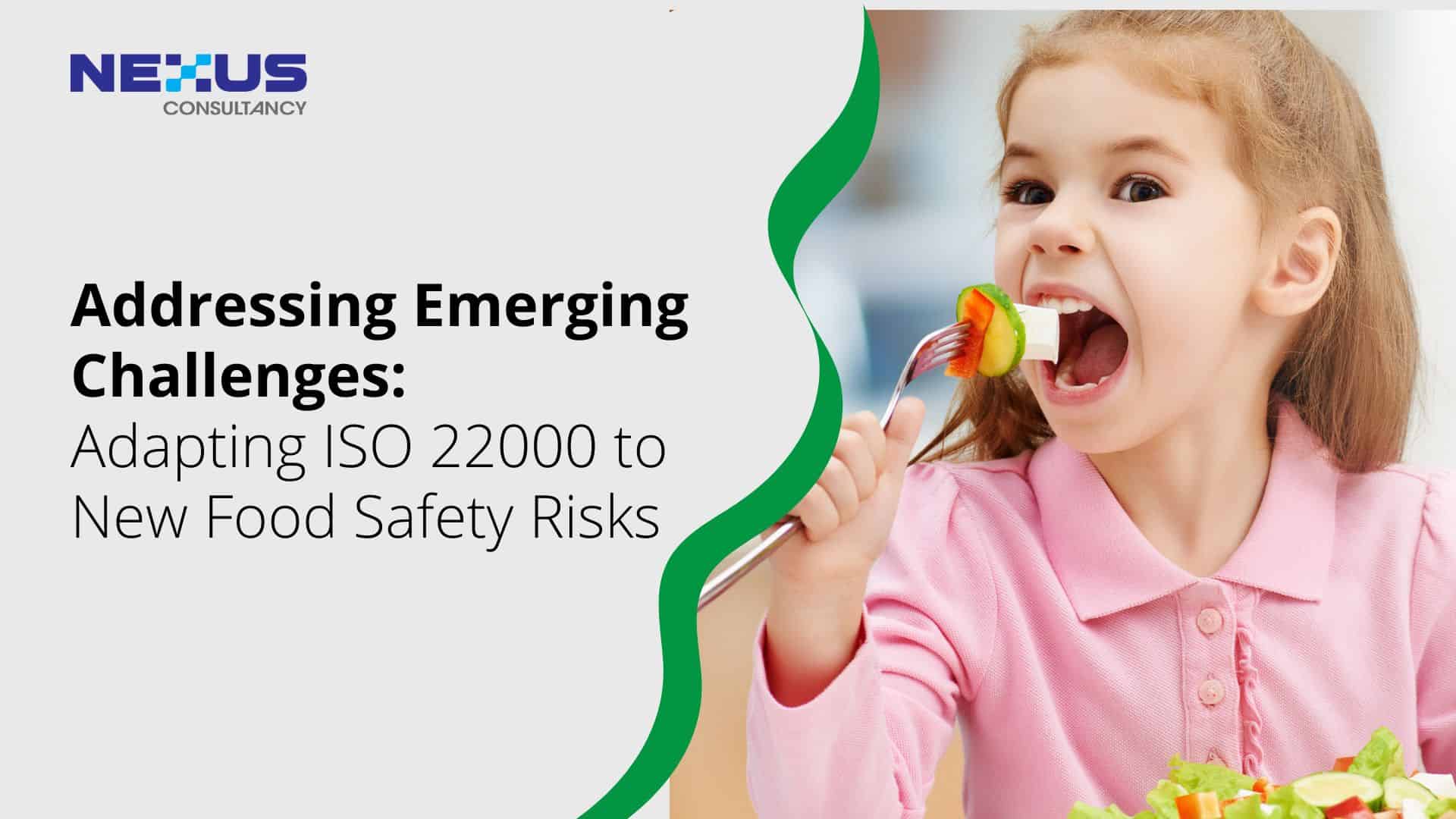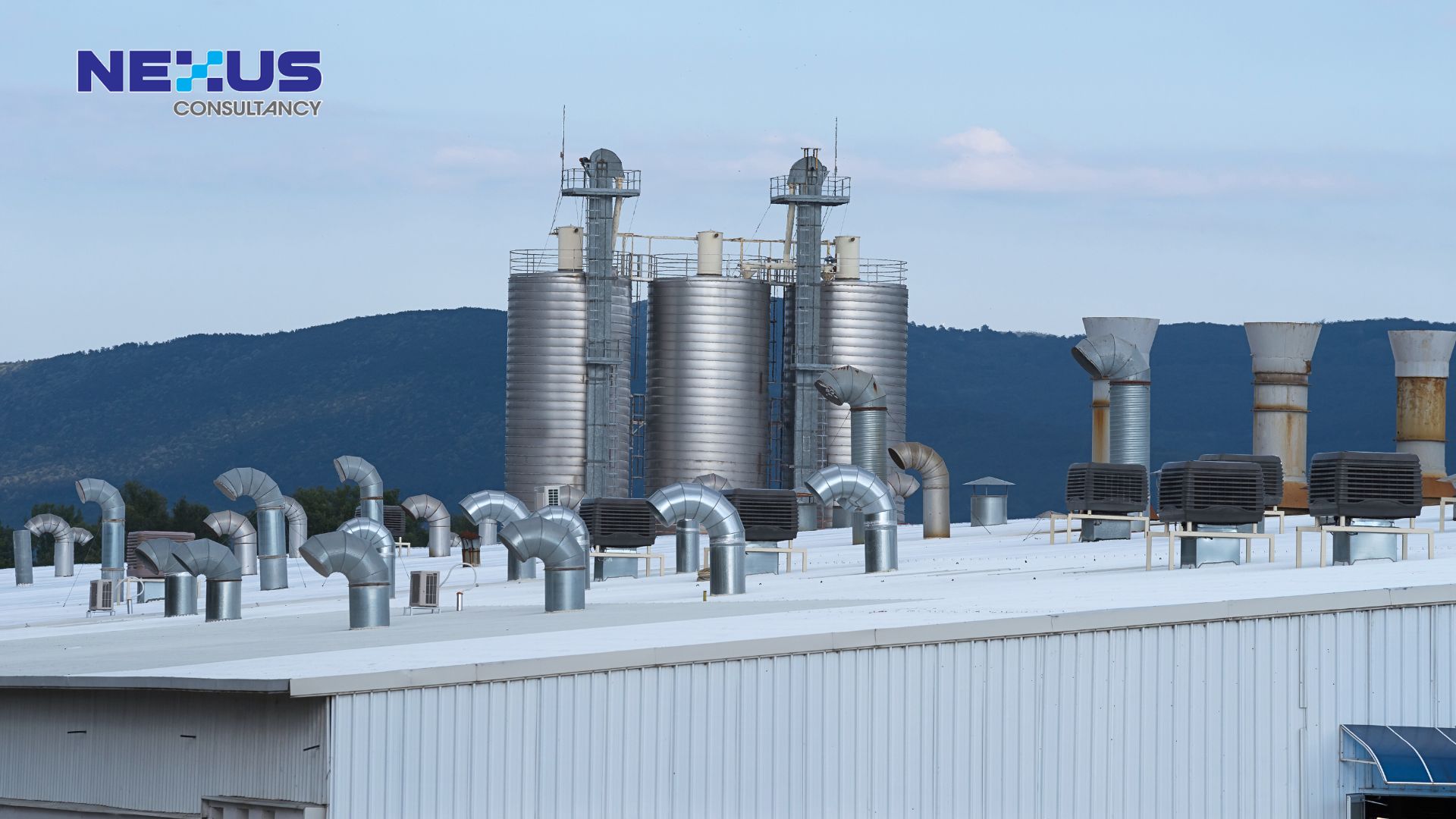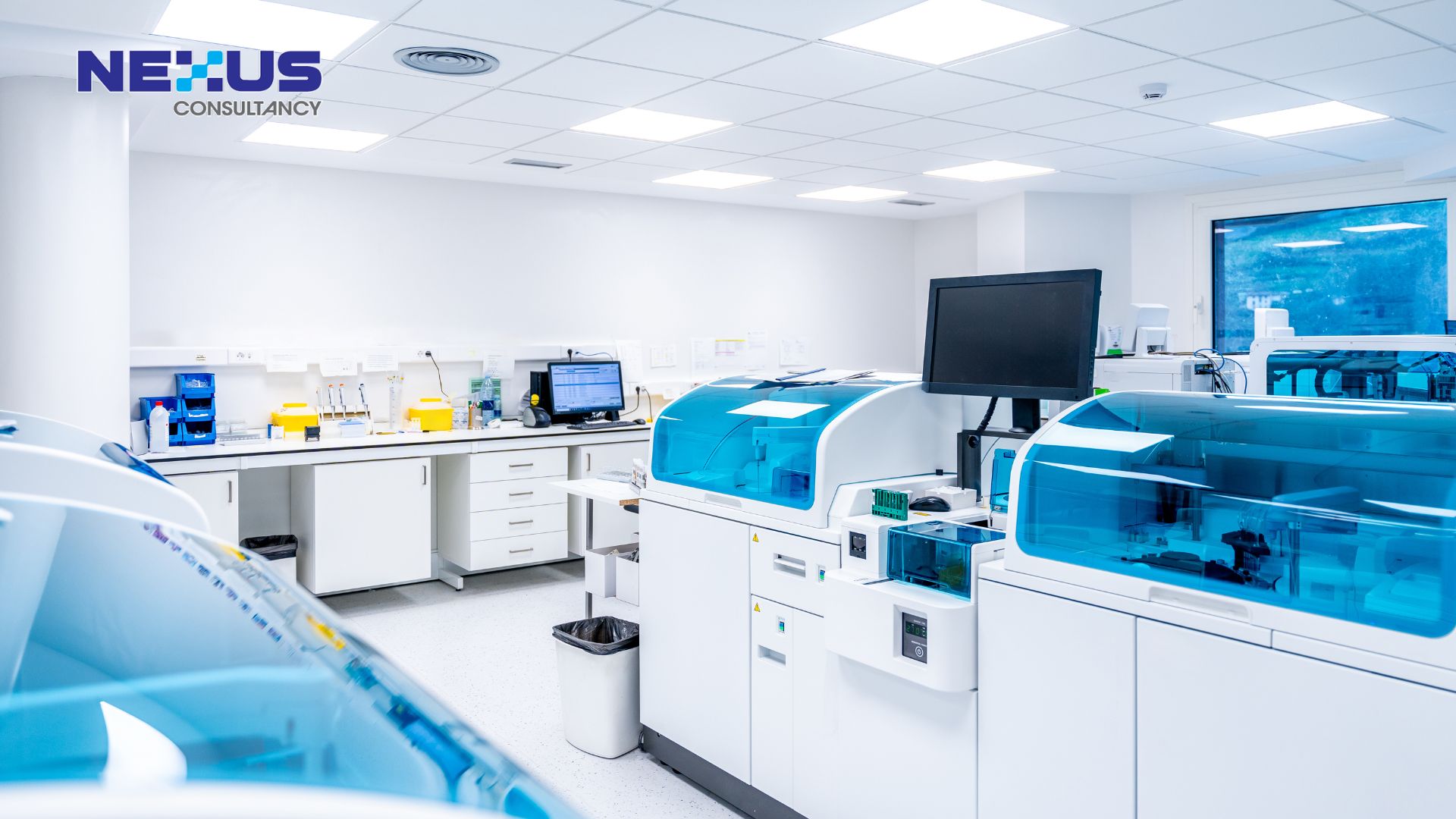
Cynthia Wong
Management Consultant
In order to address emerging challenges and adapt to new food safety risks, ISO 22000, the international standard for food safety management systems, needs to undergo updates and modifications. Highlights the importance of adapting ISO 22000 to ensure its relevance and effectiveness in tackling evolving food safety risks. It emphasizes the need for continuous improvement and staying updated with the latest industry developments to safeguard consumer health and enhance global food safety practices.

Food safety is a critical concern for consumers and food businesses alike. Ensuring the safety of food products throughout the supply chain is vital to protect public health and maintain consumer trust. ISO 22000, the internationally recognized standard for Food Safety Management Systems (FSMS), plays a crucial role in addressing food safety risks and ensuring compliance across the entire supply chain. In this article, we will delve into the five significant ways ISO 22000 plays a crucial role in ensuring food safety throughout the entire supply chain, from farm to fork.
The landscape of food safety is constantly evolving, with new challenges and risks emerging on a regular basis. In order to maintain high standards of food safety, it is crucial for food businesses to adapt and evolve their approaches to address these emerging risks effectively. ISO 22000, the globally recognized standard for Food Safety Management Systems (FSMS), provides a robust framework that can be customized and adapted to tackle new food safety challenges. In this article, we will explore the importance of adapting ISO 22000 to address emerging food safety risks.
#1. Staying Up-to-Date with Emerging Risks
One of the key steps in addressing emerging food safety risks is to stay informed and up-to-date with the latest developments in the food industry. This includes monitoring new foodborne illnesses, emerging pathogens, changes in food regulations, and technological advancements. By keeping abreast of these developments, food businesses can proactively identify potential risks and integrate preventive measures into their FSMS.

#2. Customizing Hazard Analysis and Risk Assessment
ISO 22000 requires businesses to conduct hazard analysis and risk assessment to identify and control food safety hazards. When addressing emerging risks, it is crucial to customize these processes to account for new and evolving hazards. This may involve conducting additional research, seeking expert opinions, or using advanced analytical tools to identify and assess the risks associated with emerging pathogens, allergens, or other contaminants.

#3. Harnessing Technology and Data Analytics
Technological advancements have revolutionized the food industry and can play a pivotal role in addressing emerging food safety risks. Integration of technology and data analytics into the FSMS allows for real-time monitoring, rapid detection of contamination incidents, and swift response to mitigate risks. For example, the use of blockchain technology can enhance traceability, enabling quick identification and removal of unsafe products from the supply chain.
#4. Adapting Training and Education Programs
Addressing emerging food safety risks requires a well-trained and knowledgeable workforce. Food businesses should adapt their training and education programs to equip employees with the necessary skills and awareness to identify and respond to new risks effectively. This includes providing regular updates on emerging hazards, conducting specialized training sessions, and fostering a culture of continuous learning and improvement.

#5. Collaboration and Information Sharing
To effectively address emerging food safety risks, collaboration and information sharing among stakeholders are crucial. This can involve engaging with industry associations, regulatory bodies, research institutions, and other relevant organizations. Participating in industry forums, sharing best practices, and learning from the experiences of others can help in developing effective strategies to tackle emerging risks collectively.
#6. Continuous Improvement and Review
ISO 22000 emphasizes the importance of continuous improvement and management review. Regularly reviewing and assessing the FSMS enables food businesses to identify gaps, weaknesses, and areas for improvement when addressing emerging risks. By leveraging feedback, data, and lessons learned, businesses can update and enhance their FSMS to stay ahead of evolving food safety challenges.
Conclusion
Addressing emerging food safety risks is essential to protect public health and maintain consumer trust. ISO 22000 provides a robust foundation for food businesses to adapt and tackle these challenges effectively. By staying informed, customizing hazard analysis, harnessing technology, providing comprehensive training, fostering collaboration, and continually reviewing and improving the FSMS, businesses can successfully address emerging risks and ensure the highest standards of food safety. Adapting ISO 22000 to new food safety risks is a proactive and essential approach in today’s dynamic food industry.






